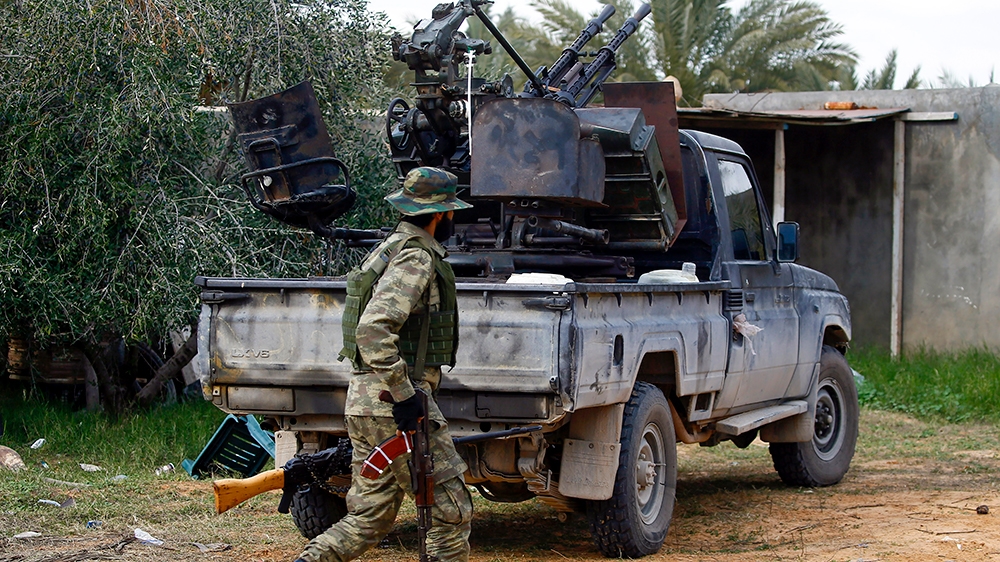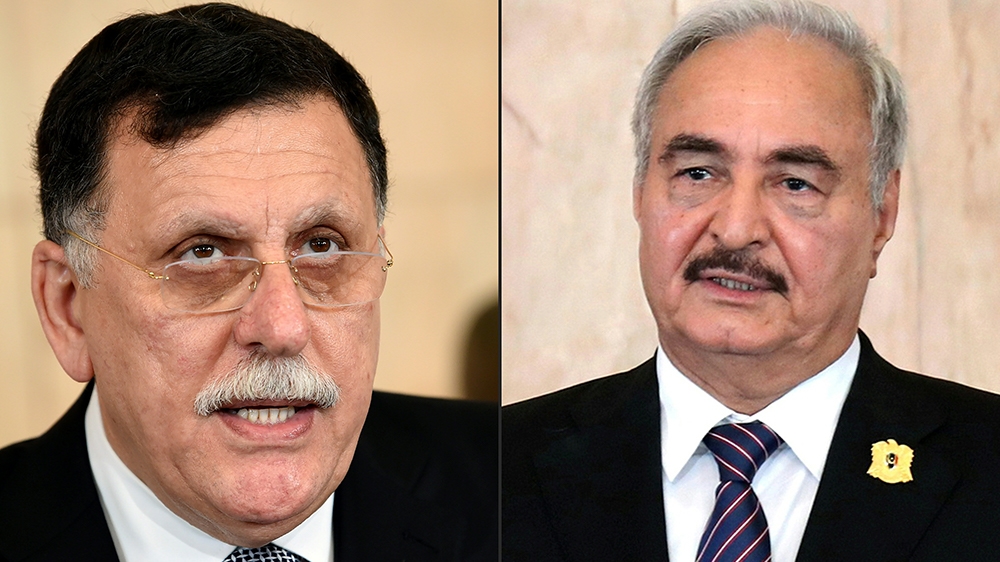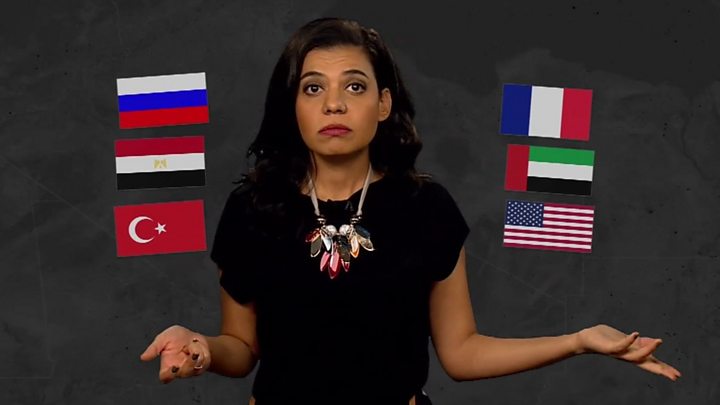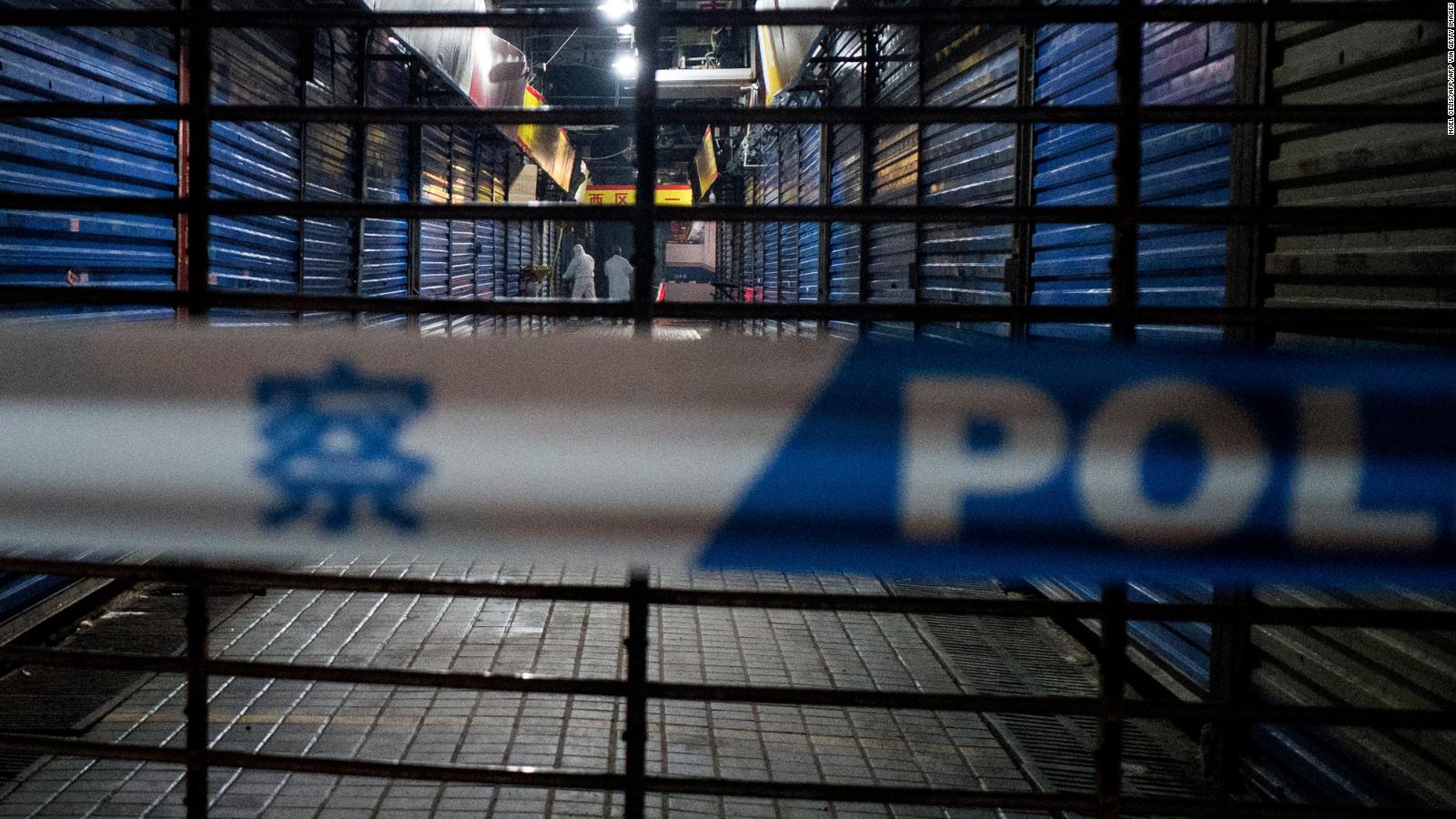Libya's warring sides and representatives of foreign powers are arriving in Berlin for a highly anticipated summit to discuss ways to end the long-running conflict in the North African country.
The head of Tripoli's internationally-recognised government, Fayez al-Sarraj, and his rival, renegade military commander Khalifa Haftar, are expected to attend Sunday's UN-backed gathering in the German capital, the first such event since 2018.
More:
Among those also expected in Berlin are Turkish President Recep Tayyip Erdogan, Russian President Vladimir Putin, French President Emmanuel Macron, Italian Prime Minister Giuseppe Conte, British Prime Minister Boris Johnson and US Secretary of State Mike Pompeo. Other countries invited are the United Arab Emirates, Egypt, Algeria, China and the Republic of Congo. Leaders from the United Nations, the European Union, the African Union and the Arab League will also attend.
Fragile ceasefire
The conference is the latest attempt to restore stability and peace to Libya, which has been splintered between competing factions and militias since former leader Muammar Gaddafi was overthrown and killed during a NATO-supported uprising in 2011. The deeply divided country currently has two rival administrations: The Tripoli-based Government of National Accord (GNA) - which is recognised by the UN - and another allied with Haftar in the eastern city of Tobruk.
As with previous failed attempts at securing a lasting ceasefire, Haftar, who in April last year launched an offensive to take Tripoli, will be centre stage as international powers hope to put pressure on him to continue a ceasefire brokered by Russia and Turkey that has largely held for one week.
The warring sides earlier this month agreed to the ceasefire, though Haftar dramatically departed talks in Moscow on January 12 before signing the formalised agreement with al-Sarraj.
Eastern-based forces loyal to Haftar escalated the conflict on Friday when allied tribesmen shut down eastern oil ports, cutting oil production by 800,000 barrels per day, and crippling Tripoli's main source of income.
The move was a protest against Turkey's decision to send troops to shore up the GNA.
Haftar is backed by the United Arab Emirates (UAE), Egypt, Jordan, Sudanese and Chadian fighters and, most recently, Russian mercenaries. France has also been accused of giving him some support.
Haftar wants the armed factions in western Libya to disband and has called for a maritime and military deal between the GNA and Turkey to be scrapped.
Underlining the stakes involved, German Foreign Minister Heiko Maas said "Europe and those players who are influential" in the region have all been called to Berlin, because "we have to make sure Libya doesn't become a second Syria."
"The conference can be the first step to peace for Libya," Maas told Bild newspaper.
Speaking to reporters at an Istanbul airport before leaving to attend the talks, Erdogan on Sunday said he hoped for an "important step" to cement the fragile ceasefire "and a political solution".
On the eve of the talks, Erdogan had warned Europe to stand united behind al-Sarraj's government, as Tripoli's fall could leave "fertile ground" for armed groups ISIL or al-Qaeda "to get back on their feet".
Al Jazeera's Hashem Ahelbarra, reporting from Berlin, said the international community is committed to ending the conflict over concerns it could intensify, threatening Europe's security.
A fighter loyal to the UN-recognised Libyan GNA south of Tripoli on January 12 when a ceasefire was signed [File: Mahmud Turkia/AFP]
The UN hopes all parties will sign on to a plan to refrain from interference and commit to a truce that leads to a lasting end to hostilities, according to a draft of a final communique seen by AFP news agency.
The document also urges all parties to re-commit to a much-violated UN arms embargo and raises the prospect of political, inter-Libyan talks in Geneva at the end of the month.
If all goes to plan, the Berlin participants will hold an evening press conference.
"What the Berlin conference is trying to do is get an agreement between the states meddling in Libya to stop their support [of] the warring parties," Wolfram Lacher, a political analyst, told Al Jazeera.
"The problem is Western states are not ready to put pressure on Haftar's foreign supporters, particularly the UAE so the promises that the foreign meddlers will make in Berlin ring hollow," he said.
The International Crisis Group's Libya expert Claudia Gazzini said the Berlin conference "could be a modest step forward" on the path to peace.
"Yet the risk remains that some participants will merely pay lip service to the diplomatic initiative, even as they continue to fuel a war from which they benefit."
Libya's UN-recognised leader Fayez al-Sarraj, left, and renegade commander Khalifa Haftar, right, will attend the meeting [File: Fethi Belaid and Ho/AFP]
Let's block ads! (Why?)
https://news.google.com/__i/rss/rd/articles/CBMiaWh0dHBzOi8vd3d3LmFsamF6ZWVyYS5jb20vbmV3cy8yMDIwLzAxL3dvcmxkLXBvd2Vycy1tZWV0LWJlcmxpbi1kaXNjdXNzLWxpYnlhLWNyaXNpcy0yMDAxMTkwMjMxNDU0MTcuaHRtbNIBbWh0dHBzOi8vd3d3LmFsamF6ZWVyYS5jb20vYW1wL25ld3MvMjAyMC8wMS93b3JsZC1wb3dlcnMtbWVldC1iZXJsaW4tZGlzY3Vzcy1saWJ5YS1jcmlzaXMtMjAwMTE5MDIzMTQ1NDE3Lmh0bWw?oc=5
2020-01-19 08:33:00Z
52780558299220






